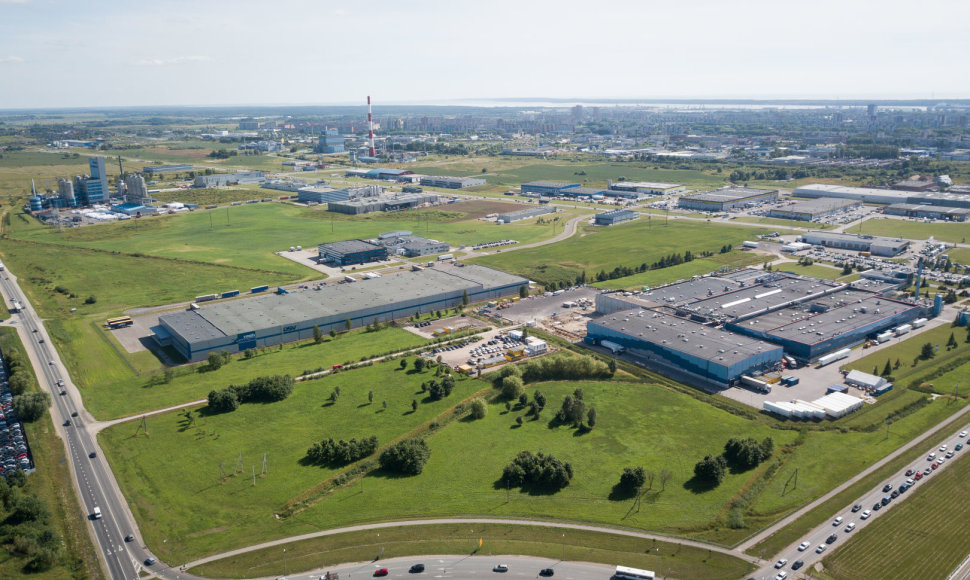Today, there exist tools that allow almost every item or tool to be connected to the internet, managed in real-time, and its data analysed, while in a virtual environment, you can model and simulate both individual robots and entire factories or ports. However, in implementing major digitalisation projects and taking the first steps, technologies are necessary and expert knowledge, cooperation, and the involvement of every staff member of such an organisation.
Last Thursday, this was discussed by the participants of the virtual conference Digital Transformation, which the Lithuanian Maritime Cluster organised alongside members of the Klaipėda Science and Technology Park (KMTP). As digitalisation is a particularly broad and varied phenomenon, the event dedicated attention to practical examples, projects by the Baltic Sea region’s science institutions and challenges, as well as more human aspects.
The event was opened by Logistics Initiative Hamburg innovation project head Thomas Brauner, who introduced the project Hansebloc, which is financed by the German Federal Ministry of Education and Research, which hosts a dozen public and private sector representatives developing a safe document and information exchange solution for the logistics sector based on blockchain technologies.
Christian Blauert, a representative of Moffatt & Nichol Baltics, followed up by demonstrating a port digital twinning platform, which allows the transfer of entire port or container terminal operations into the digital space, and then safely try out new infrastructure or different operational models. Ossi Vihervirta, a robotics expert from the Turku Machine Technology Centre in Finland, shared a similar principle, demonstrating the capabilities of robots and their environment programming possibilities.
The event also featured talks by representatives of the Klaipėda FEZ, who presented the vision of an industrial innovation centre of excellence to participants. One of the main goals of this project is to create a space for sharing experience in digitalisation and robotisation and consult and test specific ideas in a primarily virtual environment.
During the seminar, the KMTP’s partners from Tallinn University of Technology and Tallinn Innovative Manufacturing Engineering Systems Competence Centre shared their projects to share knowledge and experience. At the same time, Schneider Electric discussed large-scale digitalisation and automation solutions, why the first automation steps were presented by Erobotai.
The event finished with a talk by Nakul Malhotra, vice president for the Norwegian shipping giant Wilhelmsen, who focused on how a handful of programmers and data scientists are not enough to ensure effective digitalisation in a company. It requires a change of perspective and staff engagement – technologies must first be viewed not as a supplementary tool but as an axis of business. People shouldn’t be ordered but enabled and trusted, replacing hierarchical decision making with the courage to experiment and react to change.
According to event’s organiser KMTP head of business development Andrius Sutnikas, as we watch the pace of digitalisation changing business processes, it will become clear that technologies are becoming the foundation for everything. So it is crucial to expand this field of knowledge by discovering new opportunities for harnessing digital solutions.
Klaipėda FEZ CEO Eimantas Kiudulas applauded how the port city is organising such initiatives to exchange knowledge and competencies, together with the Lithuanian Maritime Cluster.
“We have truly extraordinary opportunities, but the circumstances, challenges and potential solutions for each business are unique. Suitable solutions require a broad and comprehensive analysis and consultations with both theoreticians and practicians. I am glad to see that Klaipėda is gradually becoming a centre of competency by uniting digitalisation experts from around the world and helping establish valuable partnerships,” says Kiudulas.












